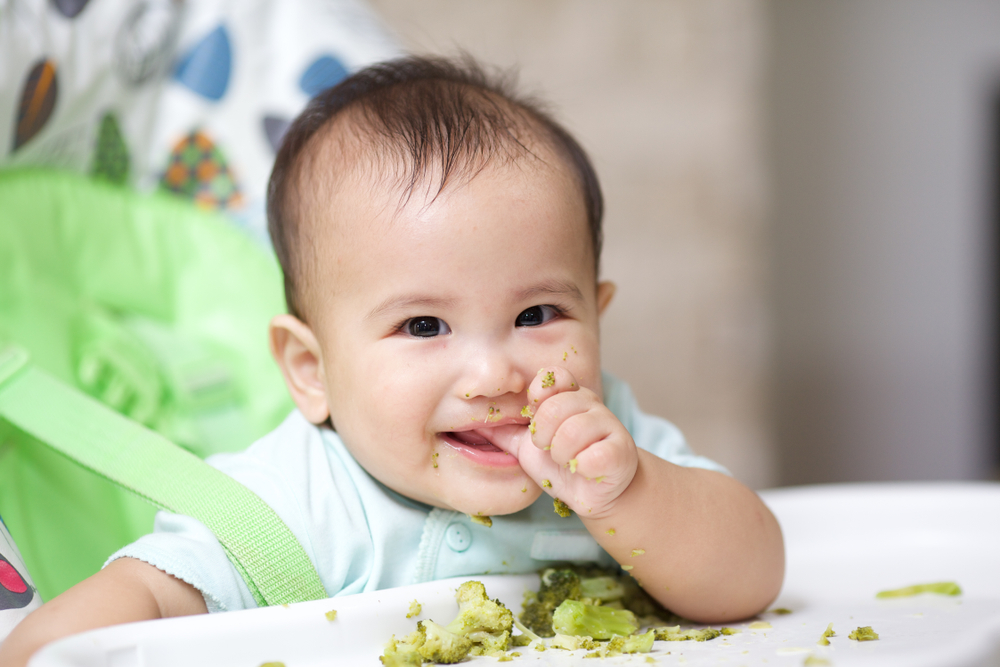Contents:
- Medical Video: Kids Share Their Favorite Snacks with Their Grandparents | Kids Try | HiHo Kids
- Why do children need snacks?
- When should children eat snacks?
- How about healthy snacks for children?
Medical Video: Kids Share Their Favorite Snacks with Their Grandparents | Kids Try | HiHo Kids
Snacks, snacks, or snacks, are identical with negative assumptions. Many people think that snacks are sweet, oily, fatty, salty, and bring adverse health effects. However, snacks are not always bad for health. Instead, snacks are needed to meet your needs, including your child.
Children are a period where individuals are in rapid growth and development. In this period there have been many changes, so it is not surprising if the child's nutritional needs increase. Well, to fulfill the nutrition, children need additional food, which is a snack.
Why do children need snacks?
All children will love snacks. Even eating snacks is a time awaited by children. Yes, snacks are usually more attractive to children than the main food. The delicious taste in small portions makes the child satisfied after eating it.
In addition to the many negative opinions that have been intended for snacks. Snack seems to play an important role in meeting the needs of your child. Some reasons why snacks are needed by children are:
- The child's stomach is still small, not like an adult's stomach that can accommodate a lot of food in one meal. Therefore, children are advised to eat small portions but often. If the child only eats 3 times per day like an adult, then the child's needs cannot be met.
- Snack helps provide energy and nutrients that the body needs to grow and develop, and to help maintain children's health. Snack helps toddlers meet their needs because toddlers usually cannot eat much, especially if eating while sitting, toddlers in general do not feel at home if you have to sit too long.
- The snack serves to keep the child from being too hungry between meals, so the child does not overeat at the main meal. This can help children measure food portions and prevent children from overeating because of emotional factors. Snacks can also prevent children's boredom from eating.
- Snacks can also be an opportunity to offer children new food.
- Regular snack times can also help children to get a healthy diet early.
When should children eat snacks?
This is what you should pay attention to. Erratic snack times can cause weight gain and ultimately lead to obesity. In addition, the time to eat snacks that are not restricted until the child really feels full also has a negative impact on the child. This can disrupt the child's appetite when eating the main food and can also interfere with the child's hunger and satiety.
Therefore, to get the benefits of snacks, you as a parent must know the limits of snacks. Children need to eat as much as 5-6 times a day, which consists of 3 main meal times and 2-3 snack meals. For the time being, children usually need to eat every 3-4 hours. If you get children to eat snacks and main meals regularly, healthy eating habits will form slowly in children and also children can avoid excessive weight gain.
A good time for you to offer snacks for children is a few hours after he finishes the main meal and about 1-2 hours before the next main meal. Delaying snack time a few hours after the main meal can prevent the child from refusing to eat the next main meal and also prevents the child's desire to eat more snacks. Therefore, you should plan and schedule well when your child's snack time and main meal time. In addition, what is equally important is the amount of snacks you provide for children, do not provide excessive amounts.
How about healthy snacks for children?
The following are some tips for providing healthy snacks for your child:
- You should not provide it junk food as a child's snack. Examples are sweet cakes, sweets, or chips. You better provide healthier snacks, such as fruits.
- Provide snacks that contain lots of fiber. Children need fiber to facilitate digestion. In addition, fibrous foods also make children full longer.
- You must be creative in serving children's snacks. Mix the appropriate food ingredients, for example, you can serve fruit with yogurt. This will also make the nutritional value increase. In addition, colorful food mixes can also make children interested in eating it.
- Offer children unusual snacks, such as avocado, pineapple, kiwi, and others. This can also be your chance to offer new food to children.
- Children's breakfast menus, such as cereal with milk, can also be children's snacks in the afternoon or evening. However, serve in a different form, mixed with dried fruit or beans for example.
- Sweet foods can also be an option for snacks, but don't be too sweet. Pudding with mixed fruit or smoothies can also be an option.
READ ALSO
- Use of Salt that is Allowed in Your Child's Food
- Alternative substitutes for meat in your child's food menu
- Tips on Inserting Vegetables in Your Child's Food












